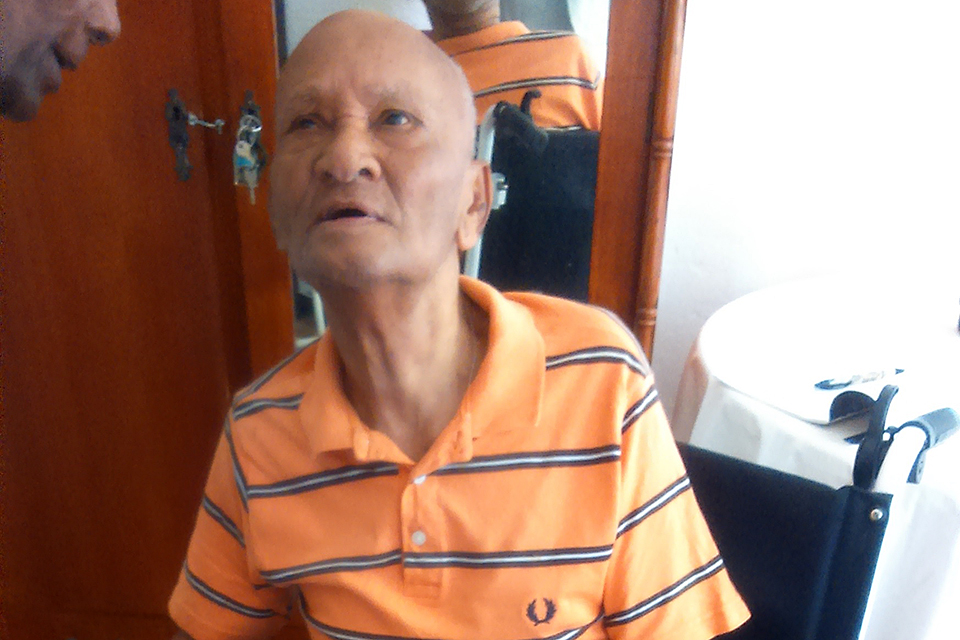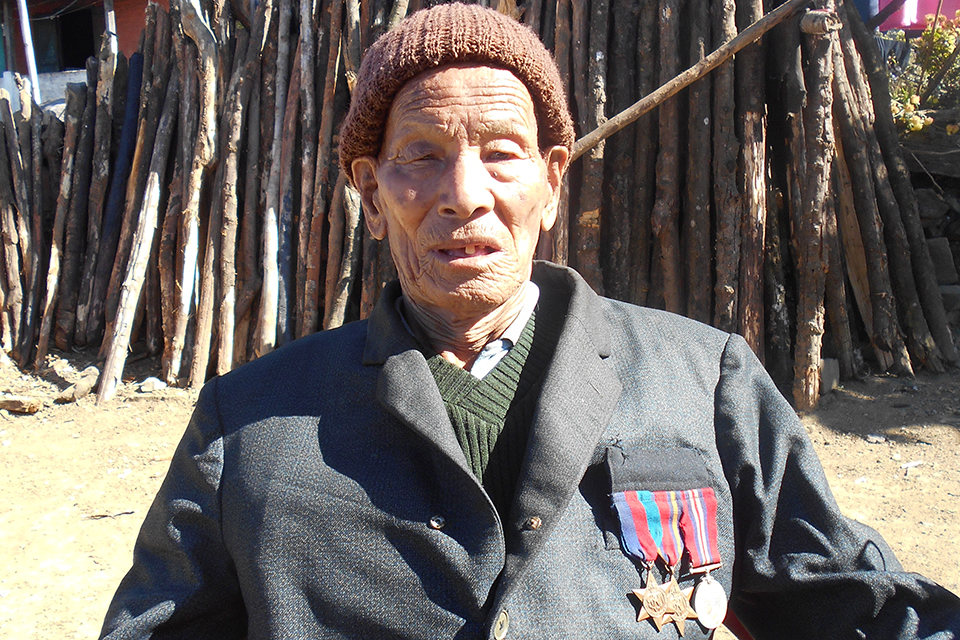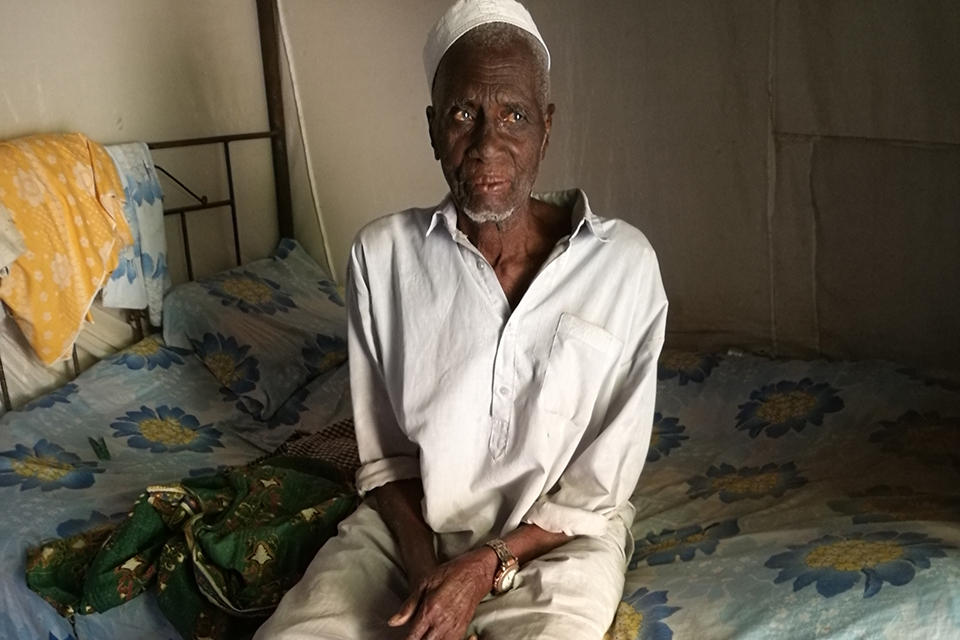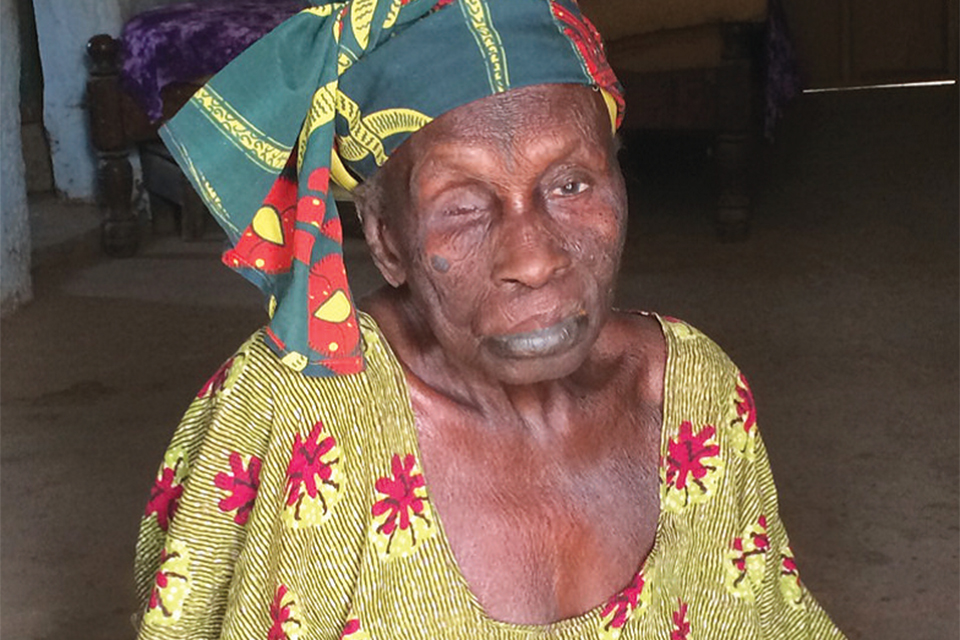Press release: Regulator launches short consultation on its Accounting Direction
Legislation permits the regulator to make directions to PRPs about the way providers prepare their accounts, and to profit-making PRPs in respect of social housing activities. The Accounting Direction ensures that PRPs report a common minimum set of disclosures within their accounts and that various aspects of compliance with the Regulatory Standards are disclosed and certified within the published accounts. It does not direct on the individual measures that providers choose to take.
The proposed changes aim to:
- align the Direction with the requirements of the Value for Money Standard introduced in April 2018
- to accommodate the legislative abolition of the Disposal Proceeds Fund
- to reflect wider changes in legislation and changes in accounting standards and recommended practice
Any changes made to the Accounting Direction will come into force for accounting periods commencing 1 January 2019.
Alongside the publication of the consultation document the regulator will engage in discussions with stakeholders, including providers and sector advisors.
The consultation will remain open until 20 December 2018.
Further information
-
The Regulatory standards can be found on the RSH website.
-
The Regulator of Social Housing promotes a viable, efficient and well-governed social housing sector able to deliver homes that meet a range of needs. It does this by undertaking robust economic regulation focusing on governance, financial viability and value for money that maintains lender confidence and protects the taxpayer. It also sets consumer standards and may take action if these standards are breached and there is a significant risk of serious detriment to tenants or potential tenants. For more information visit the RSH website.
-
See our Media enquiries page for press office contact details. For general queries, please email enquiries@rsh.gov.uk or call 0300 124 5225.



